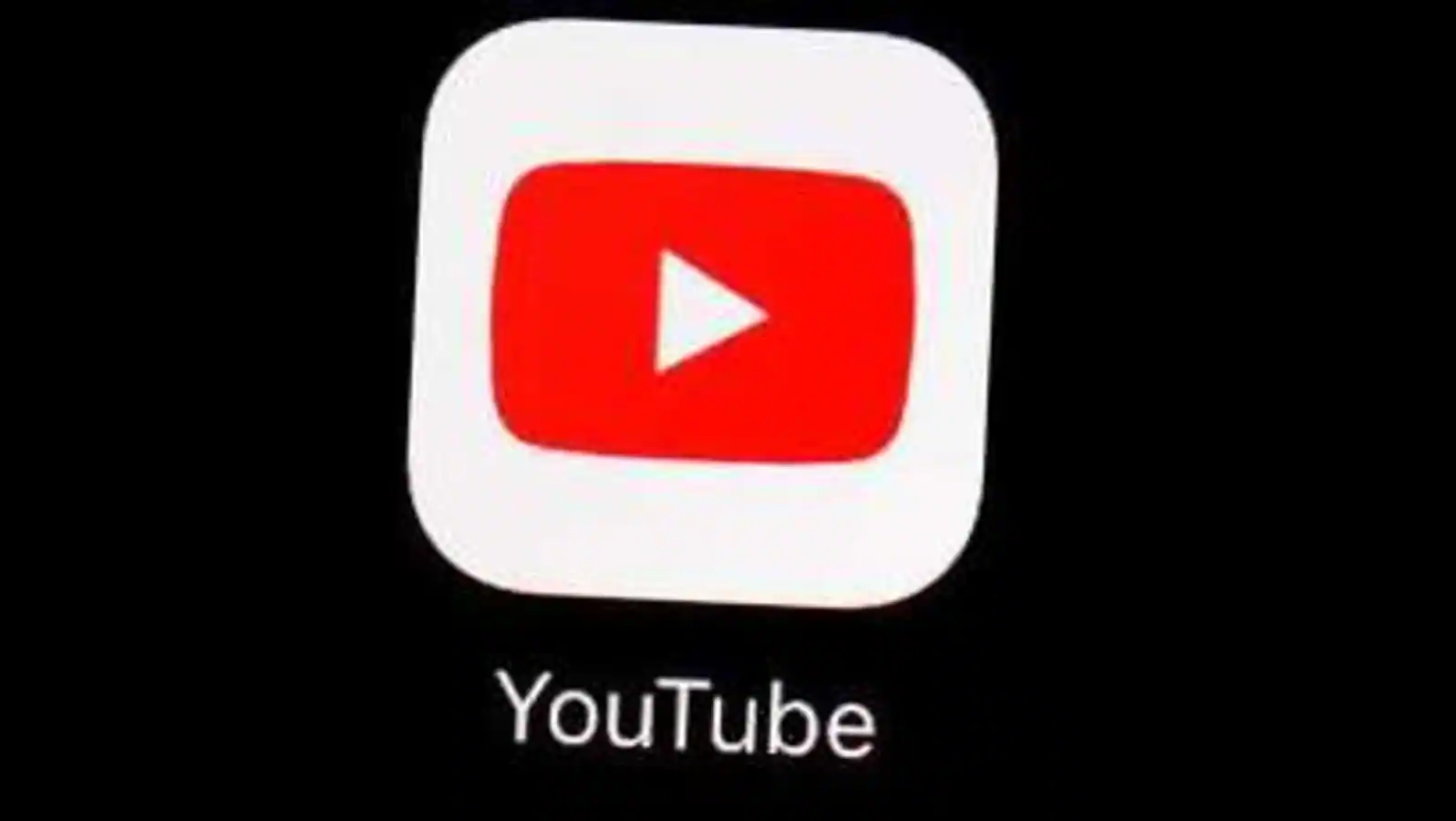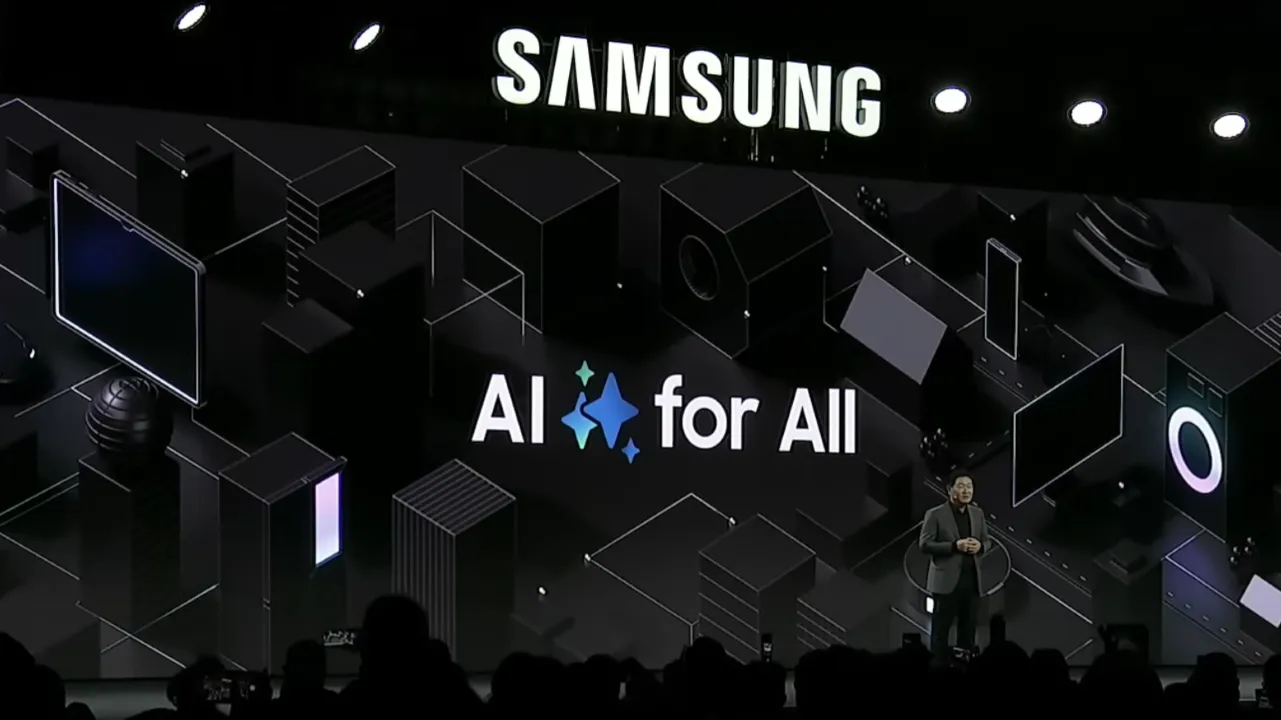YouTube, the world’s largest video-sharing platform, has long grappled with the issue of ad-blocking software. Ad-blockers prevent ads from being displayed on websites, including YouTube, depriving the company of valuable revenue.
Key Highlights
- YouTube is intentionally slowing down video loading times for users with ad-blockers enabled on non-Chrome browsers.
- The company claims this measure is necessary to support creators and maintain a diverse content ecosystem.
- Users have expressed frustration with the slowdown, accusing YouTube of anti-competitive practices.

In an attempt to combat ad-blocking, YouTube has implemented various measures, including detecting and disabling ad-blockers, and showing intrusive messages to users who block ads.
The latest move by YouTube to slow down video loading times for ad-blocker users on non-Chrome browsers has sparked controversy among users and industry experts.
User Frustration and Accusations of Anti-Competitive Behavior
Users have expressed frustration with the slowdown, taking to social media to voice their displeasure. Some have accused YouTube of anti-competitive behavior, arguing that the company is unfairly punishing users for not viewing ads.
Others have pointed out that the slowdown is particularly unfair to users of non-Chrome browsers, as Chrome is the only browser that is not affected by the measure.
YouTube’s Justification
YouTube, in response to the backlash, has defended its actions, stating that the slowdown is necessary to support creators and maintain a diverse content ecosystem.
The company argues that ad revenue is essential for creators to make a living and produce high-quality content. Without ad revenue, YouTube fears that creators will leave the platform, leading to a decline in the quality and variety of content available.
Industry Experts Weigh In
Industry experts have expressed mixed reactions to YouTube’s move. Some have sided with the company, arguing that it has a right to protect its revenue stream.
Others have expressed concern about the implications of YouTube’s actions, suggesting that the company is setting a dangerous precedent by punishing users for not viewing ads.
The Future of Ad-Blocking
The battle between ad-blockers and digital publishers is likely to continue, with both sides seeking innovative ways to outmaneuver each other.
YouTube’s latest move is a clear sign that the company is determined to protect its ad-based revenue model. However, it remains to be seen whether this approach will ultimately be successful or whether it will alienate users and drive them to alternative platforms.


























